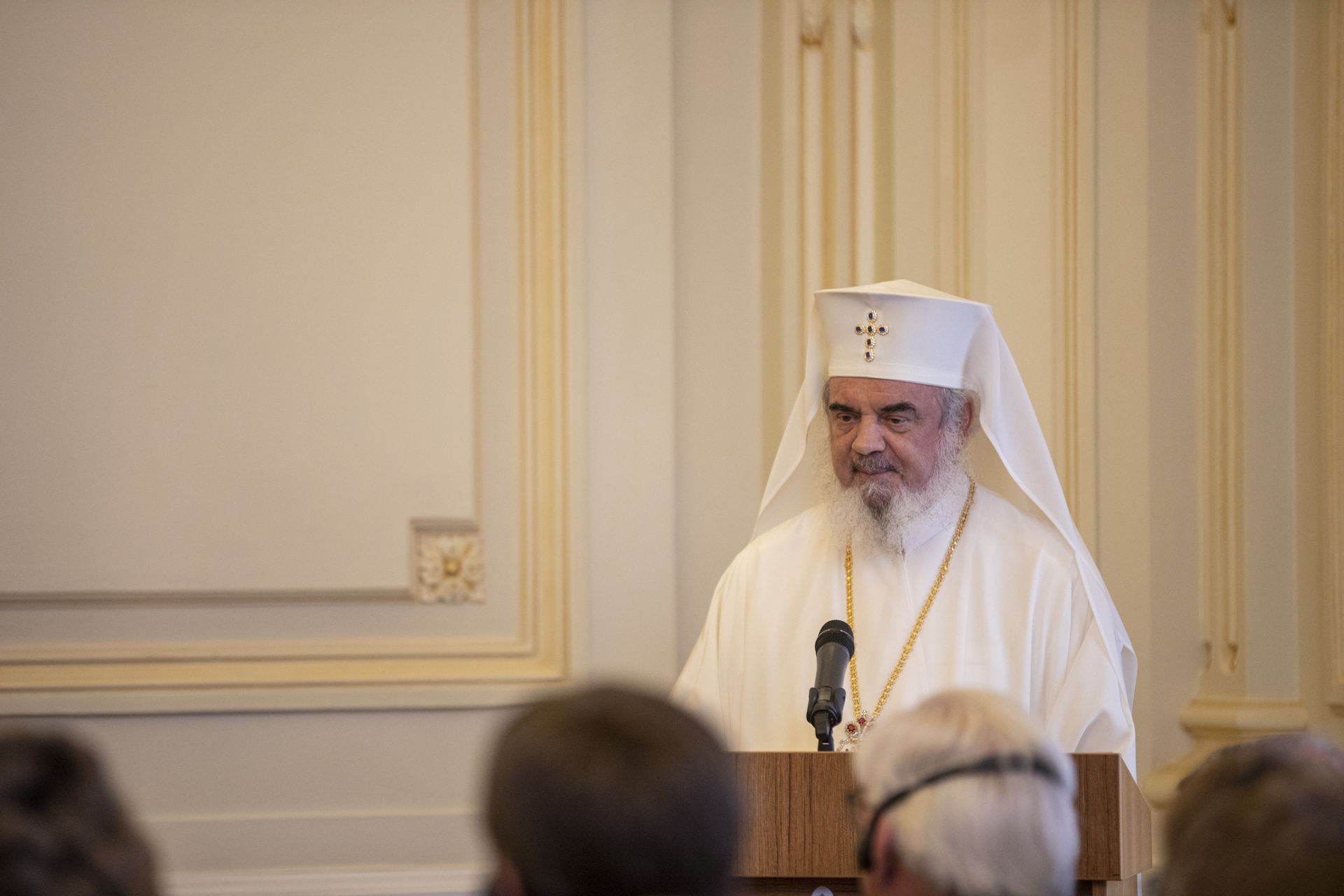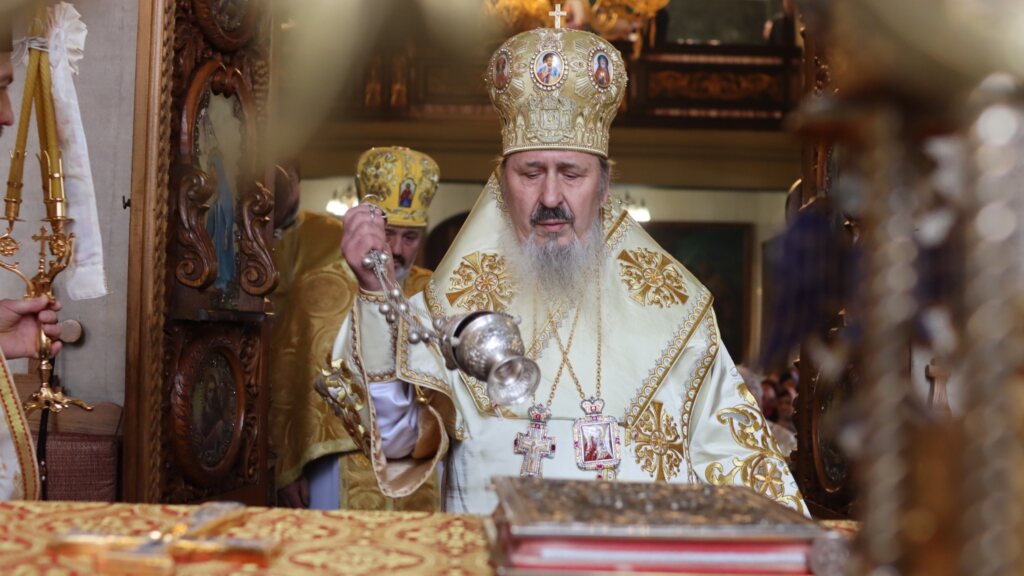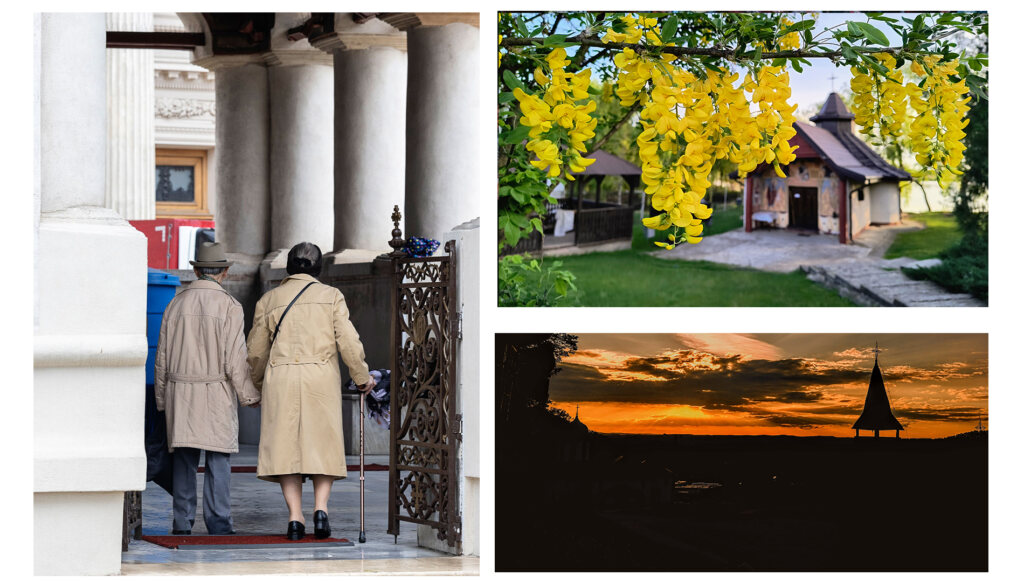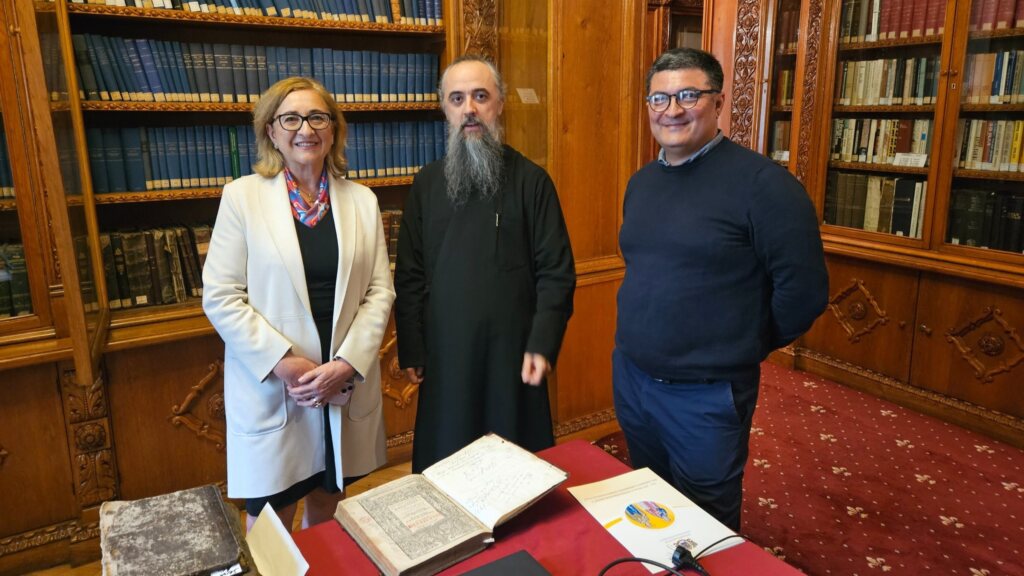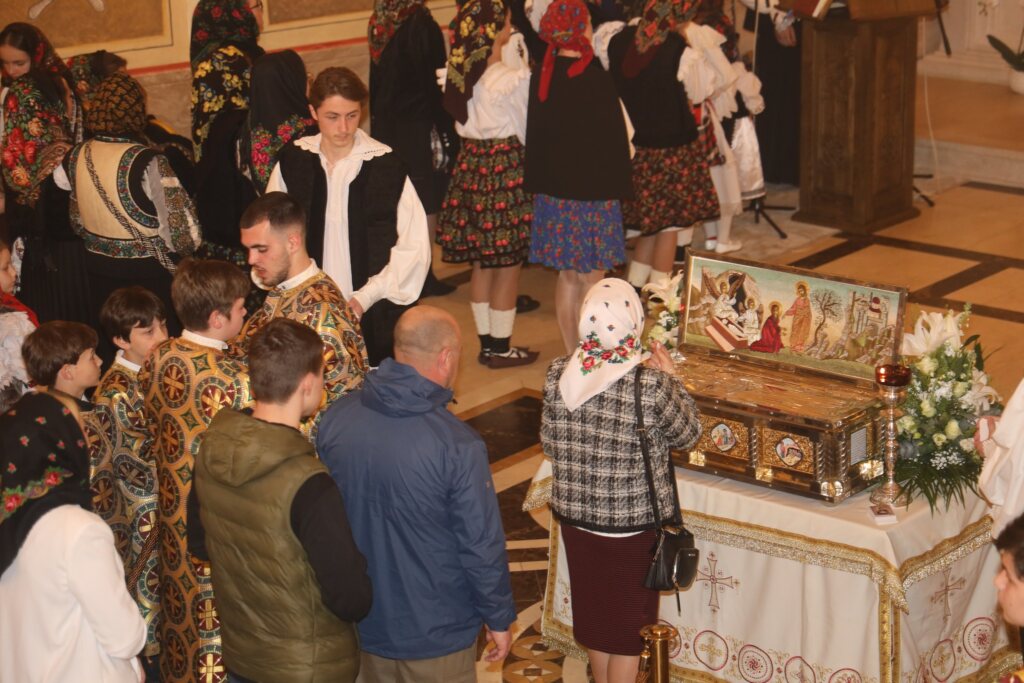Speech of His Beatitude Daniel, Patriarch of the Romanian Orthodox Church, at the International Conference The Positive Dimension of Religious Freedom: How can governments support religious organizations, Palace of the Patriarchate, Thursday, 6 June 2019, 17.00 hours:
The neutral democratic state and autonomous religious denominations cooperate for the wellbeing of society in general
On this great feast day for Orthodox Christians, the Ascension of the Lord, we address the greeting to all of you: Welcome! to the Palace of the Patriarchate, the venue of an important event on the agenda of the Romanian Presidency of the Council of the European Union.
The International Conference on The Positive Dimension of Religious Freedom: How can governments support religious organizations, which is now starting, is organised by the State Secretariat for Religious Denominations, in cooperation with the Romanian Patriarchate.
The theme of religious freedom and of cooperation between states and religious communities is one of great relevance in this period which, although it is called post-modern, cannot ignore one of the essential features of the human person, namely the religious or spiritual dimension.
The Church first looks to God and to its own believers, is careful to fulfil its spiritual mission of gathering persons and peoples into the love of the Most Holy Trinity, but it is also concerned with helping those in poverty, sickness, loneliness or despair.
The Church fulfils its spiritual and social purpose irrespective of state political ideology, which has often been anti-religious or anti-Christian in recent centuries.
Distinct and autonomous, yet, Church and State are serving the same citizens, each in its own way, proving over time that they can cooperate for the common good of society.
After the fall of the communist regime in 1989, Romania for the last three decades has attained important social achievements as a result of the cooperation between the State and recognised religious denominations, as well as due to the practical cooperation between different religious communities.
In 2005, as the head of the delegation of the Romanian Orthodox Church, along with representatives of the other recognised religious denominations in Romania, at the invitation of the State Secretariat for Religious Affairs, we participated directly in the elaboration of the Law 489/2006 on the Freedom of Religion and the General Status of Religious Denominations.
This successful joint approach represented an important democratic exercise and inter-institutional, inter-confessional and inter-religious cooperation, unprecedented in our country.
The organic law on the general regime of religious denominations, which we referred to, entered into force in January 2007, immediately after Romania’s accession to the European Union.
This law has developed the principles contained in Article 29 of the Romanian Constitution, namely freedom of religious belief and freedom of religious denominations, the autonomy of religious denominations in relations to the State, and the State’s support given to the religious denominations, recognizing their contribution to the life of society.
Thus, in Romania, the State is neutral in relations to the religious denominations and the religious denominations are autonomous, but they cooperate with the State for the wellbeing of society in general.
The overall relations between the State and the recognised religious denominations in Romania are inspired by different European models, especially German, and the motivation of direct financial support or tax incentives for religious denominations consists of the application of certain principles such as: the principle of active pledge of the fundamental right to freedom of religion; the principle of recognising the public utility of religious denominations; the principle of cooperation between states and religious communities; the principle of respecting the right of ownership and of the compensation of the goods taken over by the State (in the case of the Romanian Orthodox Church, the takeover took place in successive stages, starting with 1863, through the secularisation or nationalisation of the church properties).
Regarding the theme of this international conference, namely, how can governments support religious organizations, we consider that the experience of the last decades in Romania is one of social partnership, more specifically cooperation for the benefit of society in general.
Numerous ecclesiastical historical monuments have been consolidated and restored, new churches have been built (since the number of Orthodox believers doubled between 1948-1989), an important social and medical assistance structure of the Church is currently functional, theological and confessional institutions for education have been established throughout the country, and Romanians from abroad are helped in their efforts to maintain their religious, cultural and linguistic identity.
These achievements are also due to the constant support of the Romanian State, through the Romanian Government – the State Secretariat for Religious Denominations and other central and local public authorities. With gratitude for this support, we want to continue and intensify this beneficial cooperation for the Romanian people.
We hope that this international conference, bringing together heads and delegates of specialised departments in the protection of freedom of religion in several EU member states, will be an opportunity for dialogue, promotion, and greater cooperation between the State and religious communities for the wellbeing of society in general.
† Daniel
Patriarch of Romania
Photography courtesy of Basilica.ro
